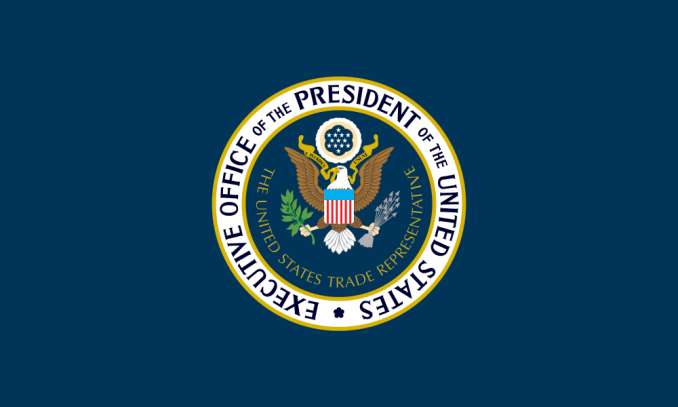United States Trade Representative (USTR) ordered an Out of Cycle Review (OCR) for India in October. While the USTR insists that the aim of this exercise is to provide constructive feedback to India in order to improve its IP protection and enforcement, many in India are not happy about this move. Not only has the government criticized this move, but also refused to participate in it arguing that the US laws are not applicable to India. Nirmala Sitharaman, India’s Commerce Minister, had informed the Parliament, “The Special 301 process is a unilateral measure taken by the United States under their Trade Act, 1974 to create pressure on countries to increase Intellectual Property Rights (IPR) protection beyond the TRIPS Agreement. It is an extra territorial application of the domestic law of a country and is not tenable under the overall WTO regime.” That means the review would be conducted on the sole representation of US representatives.
USTR says that India is home to perhaps the highest rate of online video piracy in the world, which is estimated at 50% of video piracy in the entire Asia-Pacific. USTR also claims that India is the largest source of counterfeit pharmaceuticals for USA, and that up to 40% of drugs sold in Indian markets are fake. India has been put on “Priority Watch List” along with many other Asian countries. If it downgraded to “Priority Foreign Country”, then the USA could impose unilateral trade sanctions on the country.
This exercise comes in the light of “Make in India Campaign” and Mr Narendra Modi’s visit to the USA. The leaders of two countries have setup up an Intellectual Property Working Group. In the submission made by Federation of Indian Chambers of Commerce and Industry (FICCI), it was argued that the Indian policy is driven by Public Interest and Health Care and provisions of Compulsory Licensing and Section 3 of the Patent Act must be seen as protective rather restrictive. These are the provisions which have bone of much contention for many foreign manufacturers.
While the exercise may not have significant impact on the trade relations between US and India, it must be seen that whether the results of this exercise would affect the “Make in India” campaign. It must be kept in mind that no country in going to invest in a country which can’t guarantee protection for its manufacturing and R&D hubs.
– Post authored by Archit Gupta & Ankit Agarwal
Image Source/Attribution: here (Governed by creative commons license CC BY-SA 3.0)



